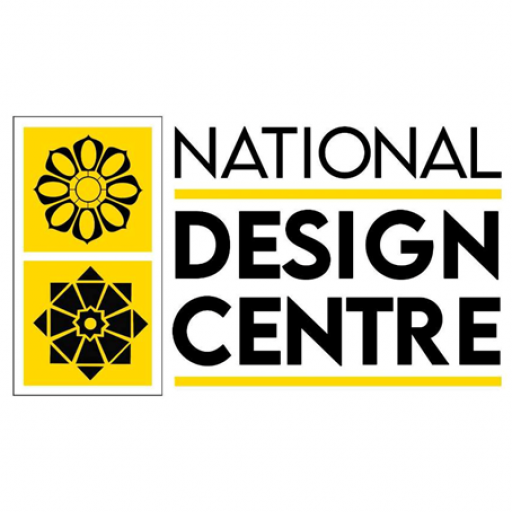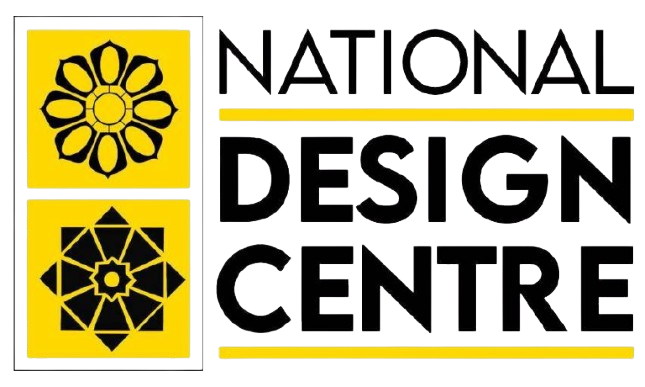- Home
- Research and Development
Research and Development
The Research Division of the National Design Centre (NDC) plays a vital role in supporting the institute’s mission to empower the Sri Lankan handicraft sector through knowledge, expertise, and information. The division is dedicated to conducting research aimed at discovering more efficient methods, innovative machines, tools, equipment, alternative materials, and new processes to enhance the economic viability and efficiency of handicraft production. The division employs several key approaches.
- Collaboration with scientific and technical institutions: Partnering with various institutions to share knowledge and effectively develop the handicraft sector.
- Exploring innovations: Investigating cutting-edge technologies and processes that can improve productivity and quality in the handicraft industry.
- Engaging with accredited laboratories: Working with certified laboratories to analyze and certify the quality of materials and products used in handicrafts.
- Reviewing global technologies: Keeping abreast of new technologies in the global handicraft sector to develop advanced machinery and tools tailored for local artisans.
- Introducing eco-friendly raw materials: Promoting alternative, sustainable raw materials to address the challenges posed by the scarcity of traditional handicraft materials.
Elevating Quality Standards in Sri Lanka’s Batik Industry
The National Design Centre (NDC) is committed to enhancing the quality of the Sri Lankan craft sector, particularly through the development of the Batik industry. Batik, an ancient art form introduced to Sri Lanka from Indonesia in the 1960s, has significant cultural and economic importance. To support this industry, the NDC has prepared Good Manufacturing Practices (GMP) guidelines aimed at improving the batik manufacturing process while minimizing environmental impact.
These GMP guidelines outline essential requirements for the resist dyeing process in batik production, covering every stage from raw material receipt to product dispatch. The goal is to establish conditions that ensure the final products meet user expectations and quality standards.
With the introduction of these guidelines, Sri Lankan batik industrialists can now apply for GMP certification. This certification will not only enhance the value of Sri Lankan batik but also provide a competitive edge in the export market.
The R&D division of the NDC has played a crucial role in developing these GMP certification standards and raising awareness among batik craftsmen and relevant institutions about their significance. By focusing on quality enhancement and sustainability, the NDC aims to uplift the batik industry, ensuring its growth and recognition both locally and internationally.
Stay up to date with all the news from the NDC and world of design,

